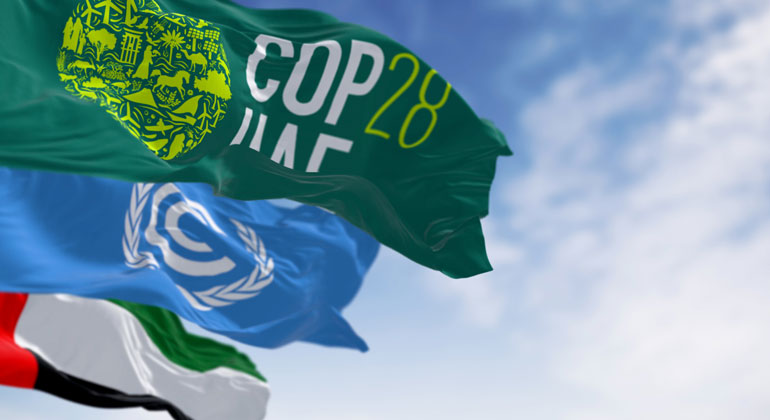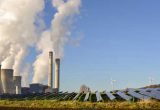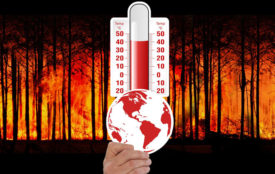After COP28: Can we still be saved?
What answer did the 28th World Climate Summit give to the question of humanity’s survival?
Before the World Climate Conference in Dubai, I wrote: “All the technologies for change are available. But the most important thing for a real transformation is still missing: the political will of most governments. Humanity must make a decision: Either to burn more fossil fuels and thus jeopardize the future of our children and grandchildren or to work for a sustainable and thus better planet. The next World Climate Conference in Dubai will have to find an answer.”
And now: Can we still be saved?
Reactions are mixed. The environmental associations are somewhat more optimistic than before. The TAZ, on the other hand, calls the final declaration from Dubai “a lazy compromise”. The FAZ headlined: “Turning away from fossil fuels decided”. Die Welt asks: “Breakthrough or formula compromise?” The Munich newspaper TZ calls the Dubai decision “a historic climate resolution”.
The fact is that the final declaration is – as always – a compromise on which 196 governments of the world – i.e. all of them – had to agree, including the oil states and the three biggest climate sinners: the USA, China and India. This remarkable compromise can perhaps one day be described as the start of the phase-out of fossil fuels.
Everyone also agreed that the share of renewable energies should be tripled by 2030 compared to 2022 and that energy efficiency should be doubled in the same period. That is also progress. Nevertheless, the Director and Chief Economist of the Potsdam Institute for Climate Impact Research, Ottmar Edenhofer, called the Dubai result “a major surprise” because for the first time ever, “the end of coal, gas and oil has been discussed” and then described. According to Edenhofer, this was “a signal to the states and investors that we cannot go on like this”. However, Edenhofer also pointed out that CO2 emissions are still rising worldwide.
This relative success was possible in an oil country under the presidency of an oil and energy minister, Sultan Ahmed al-Jaber, who is also the head of a renewable energy company, which was usually omitted in his description in the German-language media.
This president of COP28, of all people, says that countries should make “every effort” to achieve the 1.5 degree target. This target is the ‘polar star’ to which everyone should now align themselves. The next world climate conference, COP29, will once again take place next to oil wells, in Azerbaijan’s capital Baku.
However, the COP28 decision will only be truly “historic” if the governments implement what they decided in Dubai.
All this is more than could realistically be expected, but still not enough to achieve the Paris target of no more than 1.5 degrees of global warming compared to pre-industrial times. After all, we still have a reprieve – we can still be saved. So far, at least, humanity has always managed to find the right solutions to the biggest crises.
Source
Franz Alt 2023 | Translated with www.DeepL.com/Translator (free version)








